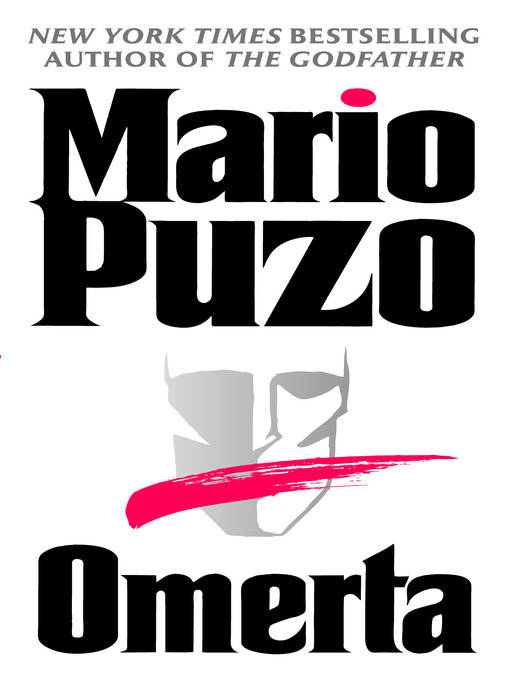
Omertà
کتاب های مرتبط
- اطلاعات
- نقد و بررسی
- دیدگاه کاربران
نقد و بررسی

July 3, 2000
"The dead have no friends," says one gangster to another in Puzo's final novel, as they plot to kill America's top Mafioso. But Puzo, despite his death last year at age 78, should gain many new friends for this operatic thriller, his most absorbing since The Sicilian. The slain mobster is the elderly Don Raymonde Aprile. His heirs, around whom the violent, vastly emotional narrative swirls, are his three children and one nephew. It's the nephew, Astorre Viola, who inherits the Don's legacy and transforms before his cousins' astonished eyes from a foppish playboy into a Man of Honor, as he avenges the Don's death and protects his family from those hungry for its prime possession: banks that will earn legitimate billions in the years ahead. Astorre's change is no surprise to the few aged mobsters who know that, as a youth, he was trained to be a Qualified Man, or to the fewer still who knowDas Astorre does notDthat his real father was a great Sicilian Mafioso. Arrayed against Astorre in his pursuit of cruel justice are some of the sharpest Puzo characters ever, among them a corrupt and beautiful black New York policewoman; assassin twins; wiseguys galore, including a drug lord who seeks his own nuclear weapon; and, drawn in impressive shades of gray, a veteran FBI agent who imperils his family and his soul to destroy Astorre. Despite its familiar subject matter, the novelDwhich shuttles among Sicily, England and AmericaDis unpredictable and bracing, but its greatest strength is Puzo's voice, ripe with age and wisdom, as attentive to the scent of lemons and oranges in a Sicilian garden as to a good man's sudden, bloody death. This is pulp raised to art and a worthy memorial to the author, who one last time makes readers an offer they can't refuse. 500,000 first printing; simultaneous Random House audio and large print editions; to be a film from Miramax.

February 1, 2000
Puzo spent the last years of his life on this finale to his Mafia saga, which concerns the struggle between an FBI agent and a "retired" don.
Copyright 2000 Library Journal, LLC Used with permission.

April 1, 2000
"Omerta," the third of the Mafia Trilogy begun with "The Godfather" and "The Last Don" (1996), follows a very familiar formula. It is, of course, a crime novel by an acknowledged master of the genre, but though the words "once upon a time" don't appear at the beginning, this is as much a fairy tale in tone and purpose as if they had. The story follows the career of a young Mafia prince raised by an honorable man, Don Raymonde Aprile, as a much-beloved nephew. Don Aprile's own children have no awareness of their father's business, but Astorre, our prince, not only knows its nature, he is trained to take over. The world of this novel is a violent one, but according to the code of Omerta, the violence and killing are secondary to lapses of honor. A man of honor lives by strict rules and protocols, where treachery may be the worst of all sins. Aprile is betrayed and assassinated, and Astorre exacts justice, a process that takes years of careful and patient planning in which he never loses sight of his honor and ultimate goal. Everything in this novel is larger than life. Beauty, good, and evil are all bigger, better, or worse than reality, but the need for realism is not what would bring a reader to this novel. It is an engaging story, well told, well written, and thoroughly satisfying, and as the departed Puzo's last book, proves a fitting end to a memorable career. ((Reviewed April 1, 2000))(Reprinted with permission of Booklist, copyright 2000, American Library Association.)

























دیدگاه کاربران